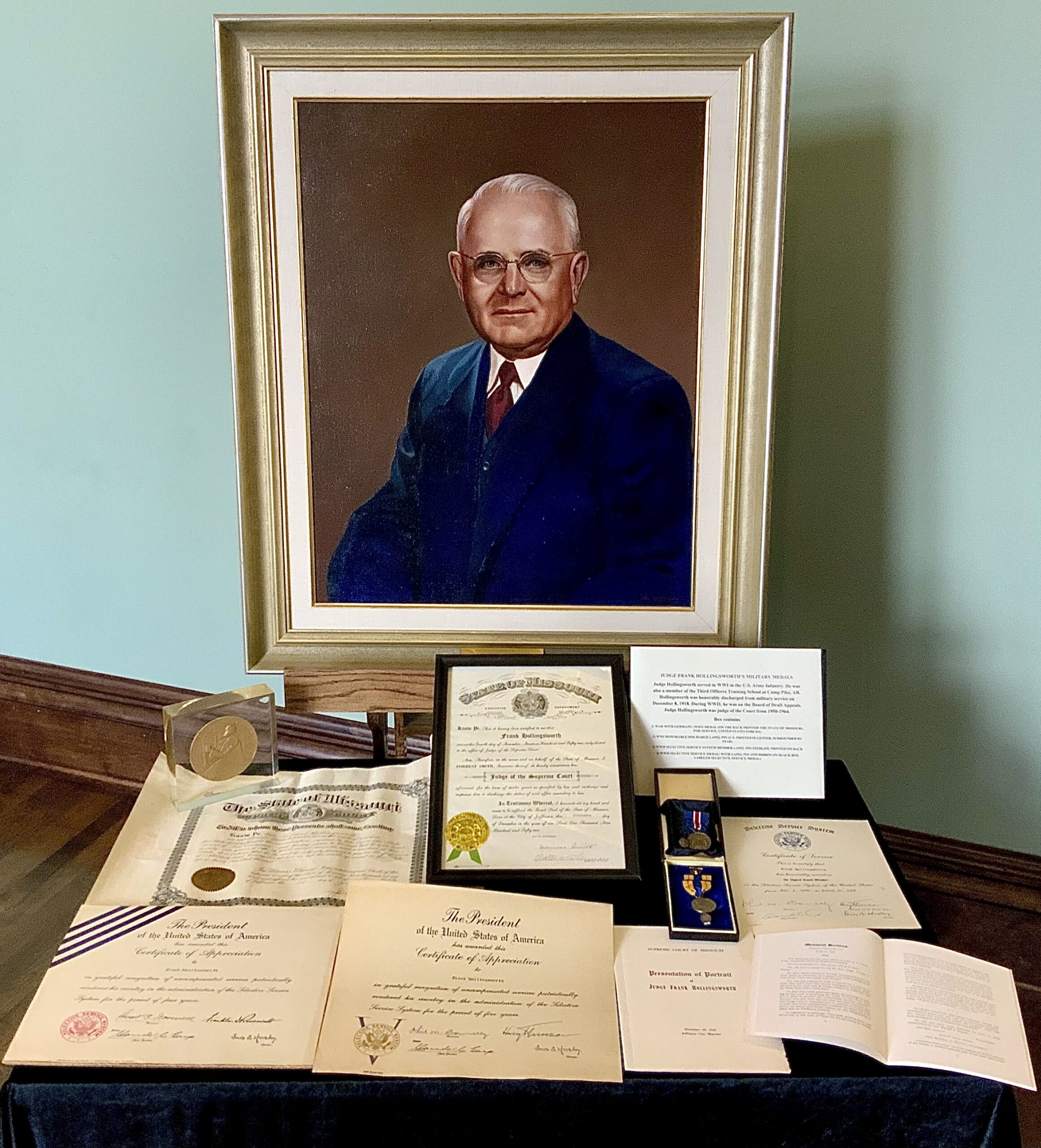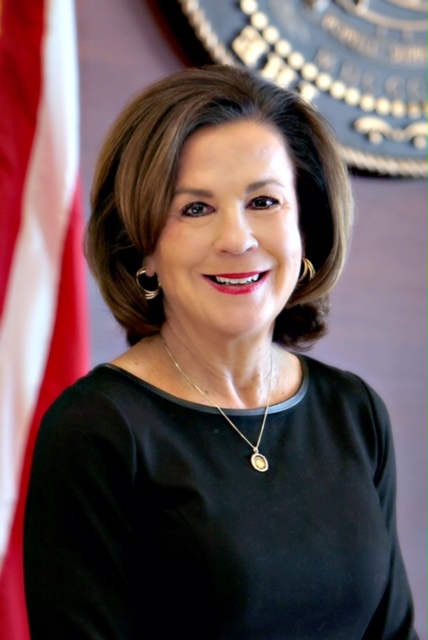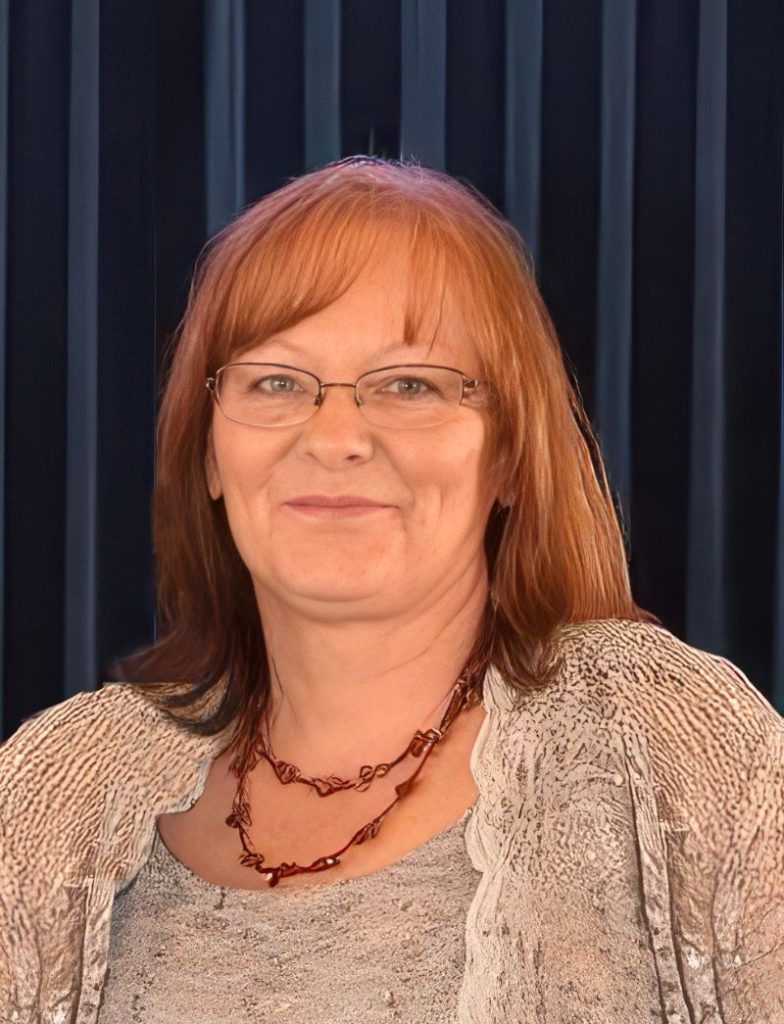Missouri chief justice expresses gratitude for military members

As we celebrate Veterans Day this month, I reflect on the many veterans who have touched my life.
The first veteran I recall hearing about was my mother’s younger brother. I never had a chance to meet my Uncle David – he was about 18 years old when he died, during World War II, when the destroyer ship on which he was serving was lost in a typhoon. Listening to my mother talk about him always made me feel sad, thinking about a life ended so young. What would he have grown up to become? Would he have had a family? What would our relationship have been? As I got older, I came to understand how the ultimate sacrifice he made – like countless other military members – has allowed us the luxury of enjoying freedom today.
When I was in middle school, some of my classmates began wearing POW bracelets. It was during the Vietnam War, and a national organization had made silver wristbands, each bearing the name of different military members along with the date of their capture or the date they went missing in action. Wanting to be like the popular girls in my school, I mailed several dollars to the organization, which sent me a bracelet bearing the name Colonel Norman Gaddis, and the date May 12, 1967. He was in the Air Force and had flown in World War II as well. Gaddis was on his 73rd combat mission when he was forced to bail out of his aircraft and was captured. After being held in captivity in north Vietnam for nearly six years, Gaddis was released in March 1973 along with other American POWs. I took off the bracelet once he returned home, and it became a treasured keepsake.
Fast forward to one morning, years later, when I was getting ready to go to work at my law office in Hannibal. The morning news program featured an interview with a former POW, on the anniversary of his return. The name of the man flashed on the screen – Norman Gaddis, who had been promoted to the rank of brigadier general. My local newspaper editor was able to connect me with General Gaddis by telephone, and we had a great conversation. I mailed him my bracelet and told him if he and his wife ever came to Hannibal, I would be happy to show them around. A few months later, he called and said they were flying to Denver, but they had a layover in St. Louis, so they had decided to rent a car and come to Hannibal!
What a delightful day we had! He spoke to our local bar association and American Legion group. His wife Hazel even brought me a gift – a replica of an electric beeswax candle she kept lit in her kitchen window for the six years he was in captivity so he could find his way home. We stayed in touch over the years, and I had a chance to visit them in North Carolina, where they had built their home from the plans he had dreamed while a POW. He celebrated his 100th birthday last September, especially remarkable considering the malnutrition and abuse he suffered in a Vietnamese prison. Unfortunately, he died in February, and I went to his funeral in North Carolina to help honor the biggest military hero I ever have known.
At the Court, I have come to learn a number of our former judges were veterans of the armed forces. In the Court’s archives, we even have some of the military medals and certificates earned during World War I by Judge Frank Hollingsworth, who died unexpectedly in March 1964 during his 14th year of service on this Court.
These experiences have helped highlight for me how many other people have their own stories of military service and sacrifice. And I know there are probably a lot more people like my Uncle David, whose stories don’t get the same attention as those of General Gaddis. But their stories – sometimes too painful to share – and their service are no less important.
So this year, I sent a letter to thank the more than 100 veterans now continuing their public service by working in our courts throughout the state – as judges, juvenile officers, court clerks, bailiffs and many other roles. In each letter was a challenge coin from the Supreme Court of Missouri, intended as a token of our appreciation for their service, both in uniform and to the judiciary. I told them their leadership, resilience and teamwork exemplify the values we all strive to uphold as we serve the public, and I saluted them for their unwavering commitment that continues to inspire us all.
It benefits us all to learn more about the sacrifice and commitment of our military members, and it is an opportunity to reflect on the values that unite us. I encourage you to do the same. Seek out the veterans in your life, thank them for their service – whether at home or abroad – and listen to their stories. As you reflect on the meaningful impact their contributions have had in continuing to maintain the freedoms we enjoy, don’t forget to say thank you.

Mary Rhodes Russell is a native of Hannibal, Mo. and was appointed to the Supreme Court in Sept. 2004. Retained in office at the Nov. 2006 general election and again at the Nov. 2018 general election for a 12-year term expiring Dec. 31, 2030. She previously served a two-year term as chief justice from July 2013 through June 2015 and is serving her second term as chief justice from July 2023 through June 2025.
Miss Clipping Out Stories to Save for Later?
Click the Purchase Story button below to order a print of this story. We will print it for you on matte photo paper to keep forever.

